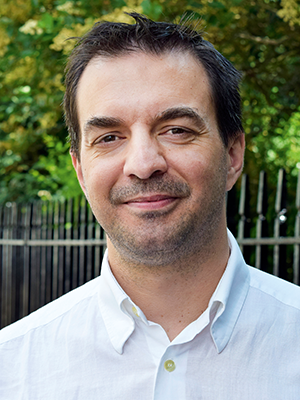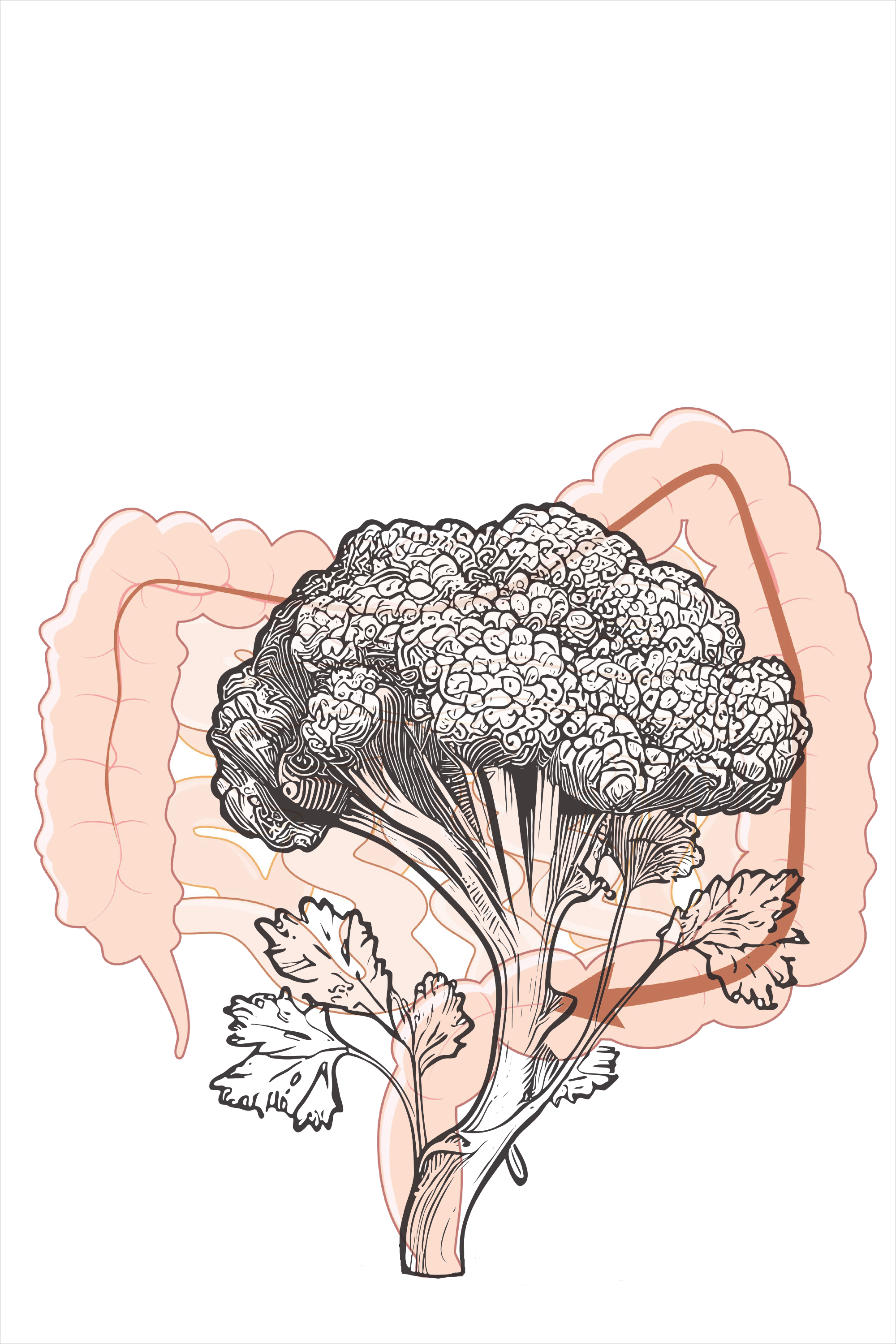Eat your greens – not just good advice, but a potential factor in avoiding bowel cancer
Words: Peter Taylor-Whiffen
Context 
Every day in the UK, around 125 people are told they have bowel cancer. It is the fourth most common type of the disease for both men and women – 43,000 cases annually – and globally it is the second leading cause of cancer death. The challenge, as with any potentially deadly illness, is not just finding a cure, but establishing what actions we can take to prevent it.
Background
For generations we’ve known the importance of vegetables in a healthy, balanced diet – but scientists are still investigating if, and how, eating those greens reduces your chance of getting cancer. Now, Dr Konstantinos Tsilidis, a Reader in Cancer Epidemiology and Prevention in the Department of Epidemiology and Biostatistics, is leading a project funded by the World Cancer Research Fund to establish whether regular intake of folate – vitamin B9, prevalent in green vegetables such as broccoli, spinach, cabbage and sprouts – cuts chances of getting colorectal (bowel) cancer. “We are aware certain factors increase or decrease the risk,” he says. “For example, obesity raises it and anti-inflammatory drugs such as aspirin reduce it. But there’s inconsistency in what we know about diet. We understand that when it comes to cardiovascular disease, red meat can be bad for us and wholegrain is good, but cancers take longer to develop and are therefore more complicated.”
Method
In the largest research project of its kind, Tsilidis and his team analysed data from more than 70,000 people in 51 studies across the USA, Europe and Australia. “We wanted to see if individual genomes interacted with folate in developing colorectal cancer,” he says. “We didn’t start with a hypothesis of specific genes interacting with folate, but investigated genetic markers across the genome. With this volume of data we have billions of genomic positions and can associate them with whatever disease we like. Researching agnostically enables us to explore all of this – sometimes confirming what we already know, but always potentially finding something new.”
Results
The findings were significant: folate can significantly help cut your chances of getting colorectal cancer. “We found that for every 260 micrograms of folate – which is around 65 per cent of the daily recommended amount, the risk of developing the condition was reduced by seven per cent,” says Tsilidis. “But we also found that the effect may depend on each person’s individual genes. There are many unanswered questions and much more research is needed.”
Outcome
As well as potentially influencing our diets, Tsilidis’ findings offer huge potential for medicine. “The fact that folate’s impact depends on our individual genetic make-up may open up avenues for personalised prevention actions,” he says. “You can’t change your genes but you could change your folate intake according to the unique impact it might have on your body. With these results we can continue to explore ‘precision medicine’, which makes prevention, diagnosis, treatment and prognosis more personalised to every one of us.”
Dr Konstantinos Tsilidis is Reader in Cancer Epidemiology and Prevention in the School of Public Health, Faculty of Medicine.